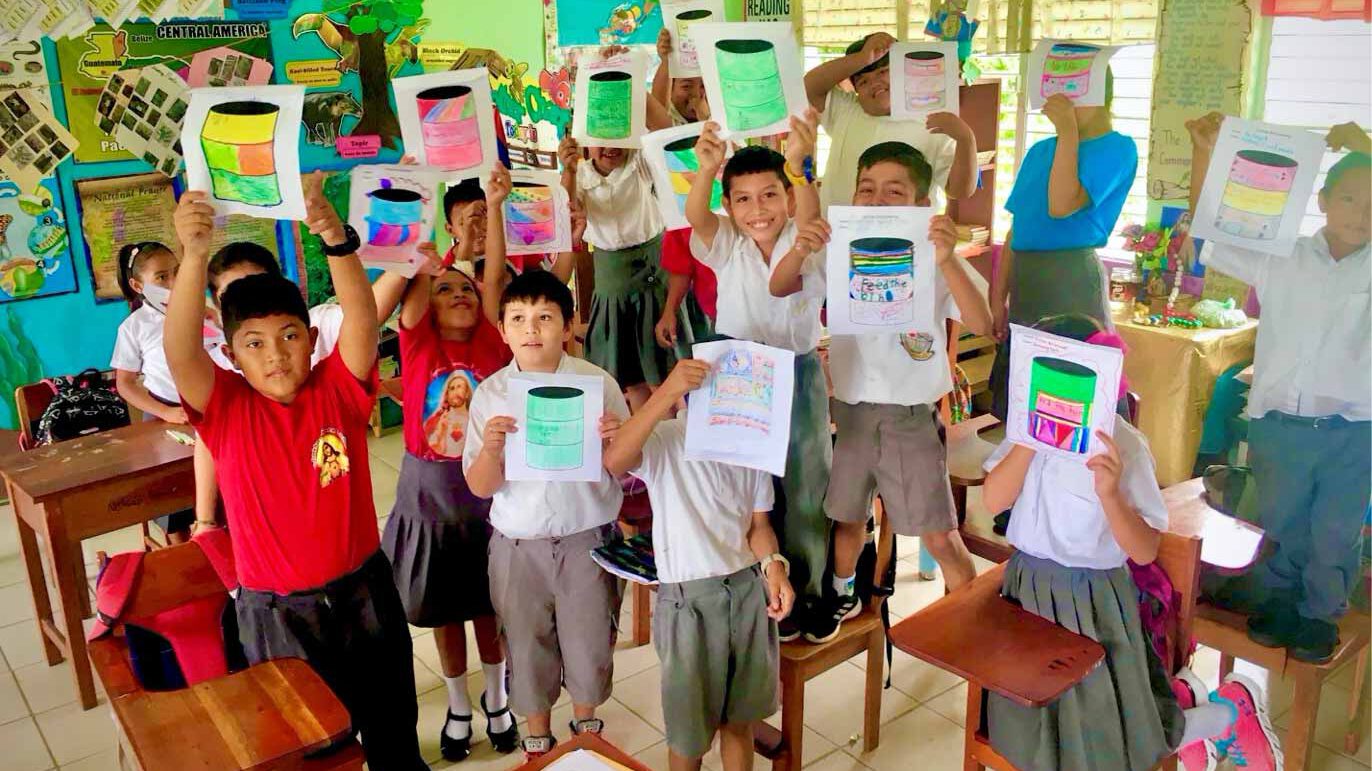Long before the Sustainable Development Goals were adopted by the United Nations, the importance of environmental education has been recognised and guidance concepts such as 5Rs (Rethink, Refuse, Reduce, Reuse, Recycle) have been disseminated and applied in the educational sector across the globe. Actions to raise awareness on green and clean cities, sustainable waste and resource management, among others, have mobilised stakeholders and encouraged the global population to utilize resources and treat their waste daily bearing in mind the future generations.
Some countries are successfully managing their waste and resources while others are still facing challenges. Waste related issues must be tackled from several angles, from financial support, to technical solutions, political measures as well as promotion of education on sustainable consumption patterns.
The United Nations Human Settlement Programme, known as UN-Habitat, has launched two initiatives to enhance sustainable waste and resources management African Clean Cities Platform (ACCP) and Waste Wise Cities Campaign (WWCC), with regional and global, respectively. These initiatives include the educational dimension of sustainable waste and resources management targeting educational institutions from pre-primary to secondary levels, named Waste Wise Education Programme.
UN-Habitat believes that waste education should not be limited to knowledge acquisition but needs to be practiced through experiential learning. Waste education should be embedded into school curricula, and not limited to social and/or science subjects. Waste related education cannot be one shot stand, but it requires long-term ongoing activities with a coherent implementation and incremental targets, for example moving from interest to action
- Interest – showing concern about littering.
- Understanding – learning where your waste ends up and how it is disposed.
- Action – learning how to separate waste
This programme is calling for innovative educational activities which can be applied and replicated in schools across the globe. If you are the person who is interested and working in formal and non-formal education with special focus on waste / resource management, please submit your activities, educational materials, etc. The best 20 presentations – 10 for pre- and primary schools and 10 for higher educational institutions respectively – will be selected and implemented through ACCP and WWCC networks, as well as published through on UN-Habitat’s website.
Please find more details via:
English: https://unhabitat.org/node/143805
French: https://unhabitat.org/fr/node/143805
Let’s promote well-designed waste education contents with the aim at shaping environmental consciousness of children and youth. We are looking forward to receiving your submission.


